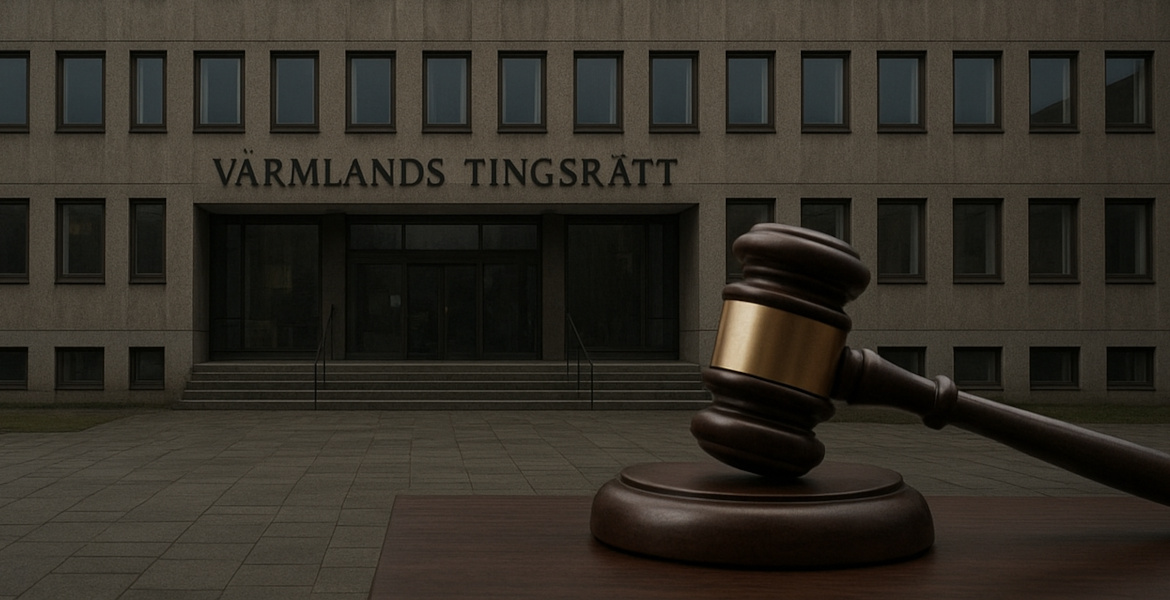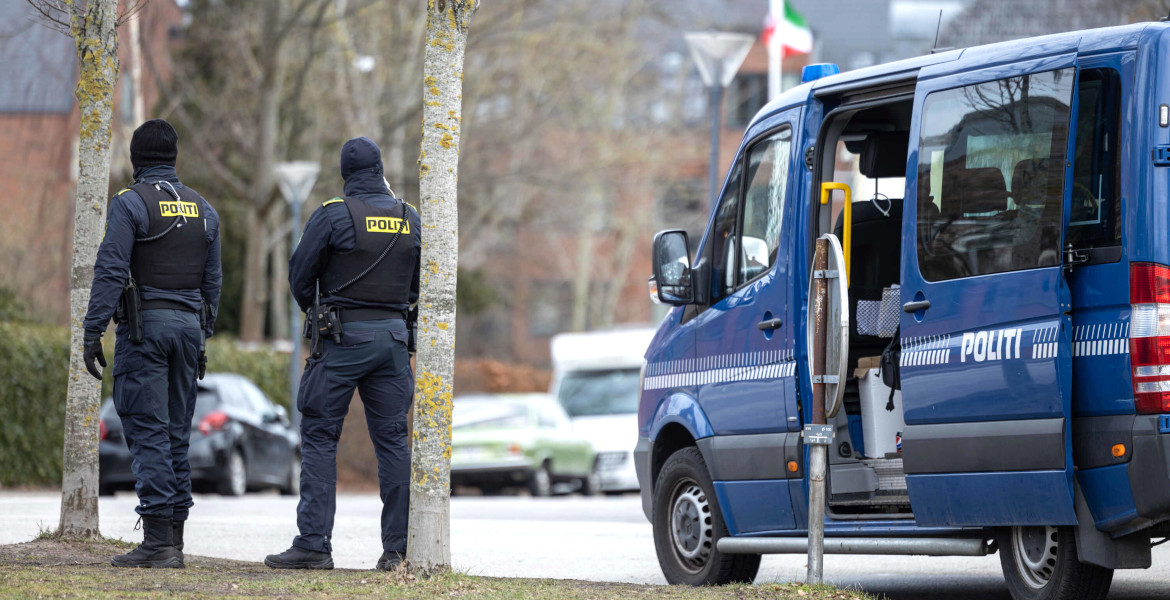Today, over 900 people are wanted for refusing to serve their prison sentences. Meanwhile, the Swedish government has tightened the rules – since April this year, no one can "wait out" their sentence anymore.
A survey by news agency Siren shows that wanted criminals are found in half of Sweden's municipalities. In total, it involves just over 900 people who actively avoid showing up when the Swedish Prison and Probation Service calls.
Since April 1 this year, the possibility of escaping punishment by hiding until the statute of limitations expires has completely disappeared. Now the sentences remain until they are enforced, regardless of how much time passes.
– It's no longer enough to stay hidden for five or ten years, because now the sentences will remain, says Geska Mark, group manager at the Swedish Prison and Probation Service, to the news agency.
Two-thirds report voluntarily
Statistics from the Swedish Prison and Probation Service show that between 65 and 70 percent of those convicted follow the authority's reporting decisions and appear at the designated facility when the time comes.
– When we look year by year at how many follow our reporting decisions, the proportion is between 65 and 70 percent, states Geska Mark.
Those who are not already in custody receive a letter with instructions about where and when they should report. If they fail to appear without acceptable reason, they risk being wanted, especially if they lack a known address.
Drunk driving most common among evaders
Before the rule change, approximately one hundred people annually managed to avoid prison by staying hidden until the sentence was subject to statute of limitations. Previously, there was a five-year limitation period for sentences under one year and ten years for sentences between one and four years.
Most of those who used this "way out" had been sentenced to short prison terms, often one to two months, where drunk driving was the most common crime.
– Most of the sentences that were previously subject to statute of limitations were short prison sentences, one to two months in prison, and the most common crime was drunk driving. It often involved cases where the convicted person had no address in Sweden, explains Geska Mark.





